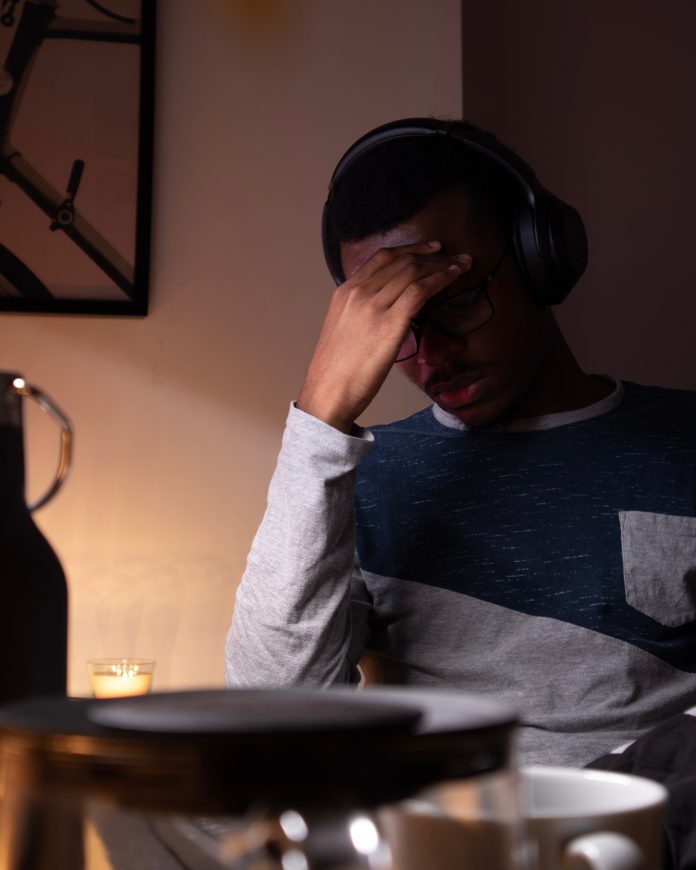Feeling anxious at times is completely normal. However, unchecked it can become maladaptive and cause distress in our daily lives. How can we tell if our feelings of anxiousness have crossed over into a disorder? Sometimes it’s not easy, as anxiety can show up in many different forms such as phobias, social anxiety, and panic attacks.
You may be suffering from unchecked anxiety if you experience any of the following on a regular basis.
- Putting expectations on yourself that are not realistic to meet, setting yourself up to fail or not even starting a task due to fear of failure.
- Compulsive Behaviour. Repeated behaviours like checking locks and washing your hands, overindulging in mood altering substances to relax, or experiencing constant intrusive thoughts.
- Self-Doubt. Constant negative thoughts or talk that is negative about yourself.
- Muscle Tension. May cause discomfort around the neck and shoulder area, leading to ongoing headaches and other physical problems.
- Chronic Indigestion. Trouble enjoying meals because of chronic indigestions and stomach issues.
- Self Consciousness. Frequent worry about how you present yourself to others in terms of appearance, speech, and mannerisms.
- Panic and Flashbacks. Feelings of doom and extreme worry that may cause shortness of breath, dizziness, and nausea. This may include flashes of something traumatic from your past.
- Irrational Fears. Frequent thoughts that are causing fear and discomfort about certain situations. These thoughts lead you to equate those experiences with feelings of dread and worry resulting in self-limiting behaviour.
- Sleep Problems. Trouble falling asleep or staying asleep, with frequent thoughts related to worry waking you up.
- Excessive Worry. Difficulty focusing due to intrusive thoughts and frequent worry. This may lead to nervousness, the inability to focus, and feelings of panic.
If any of these symptoms describe how you feel on a regular basis, please seek professional guidance from a psychologist for a formal diagnosis. Cognitive Behavioural Therapy (CBT) is generally the first step and the gold standard for anxiety management. Additionally, your psychologist can help you decide if seeking medical/pharmaceutical intervention from your doctor may also be necessary.










